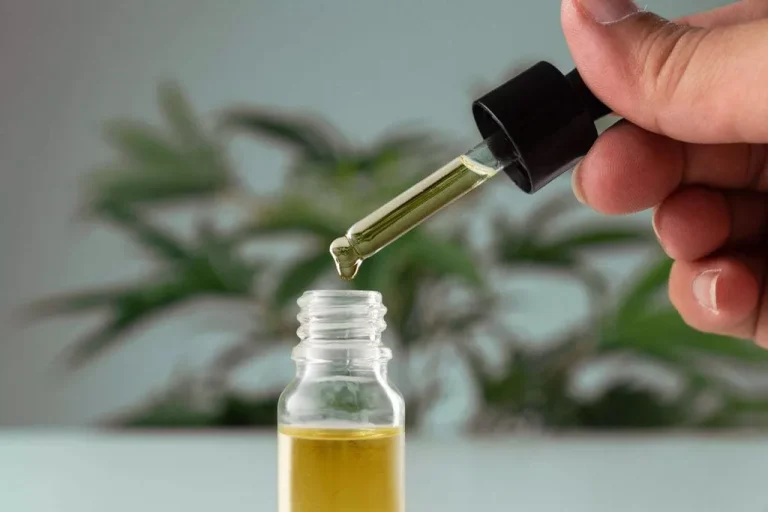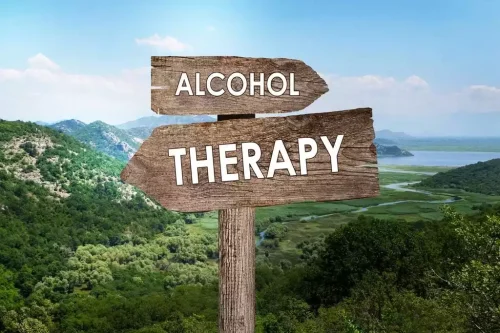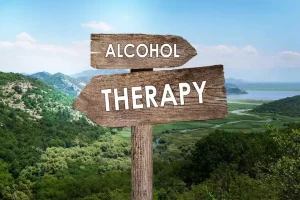10 Benefits of Living a Drug-Free Life Sober Living

When you abuse substances to the point that it rewires your brain and consumes you, you struggle sleeping through the night. That’s why it’s so important to get the proper amount of sleep each night. Because of how vital sleep is, one of the key benefits of sobriety is that you get to sleep again. In fact, many people view those suffering from addiction as being lazy and crazy. The only true way to avoid this stigma as an addict is to redeem yourself by becoming sober.
Benefits of a Sobriety Tracker
Having people who understand and empathize with your struggles around you is invaluable, and can provide much comfort in times of difficulty. Making new friends that support and celebrate your sobriety is a great way to ensure your success. For many people, staying sober opens up increased opportunities for career growth and advancement.
- When you’re no longer dependent on substances to get through life, you gain a sense of pride and self-assuredness.
- You don’t have to call or text the people you were with and try to piece together the previous night.
- This benefit of sobriety can help individuals gain back control of their finances and have more ready funds available than before.
- Each of these systems contributes to a comprehensive support network, enhancing emotional well-being and increasing the likelihood of successful recovery.
The Scientific Backing: Research on Support Systems
When you see, with painful clarity, that you’ve been giving your power away to something outside of yourself, something filled with empty promises and broken dreams. Imagining different or better things, planning for the future, or crafting goals all become difficult, if not impossible. Breaking free of drug use opens so many opportunities for your future and how you want it to look. This can manifest in memory lapses, compromised attention spans, and impaired decision-making capabilities.
The Right Way to Approach Sober Living
Volunteering in drug rehabilitation centers or mentoring those struggling can provide a perspective and a sense of purpose in maintaining a drug-free life. Emotional health can also take a toll, causing mood swings, depression, and anxiety. Relationships often become tense, with drug users potentially withdrawing from family and friends, leading to feelings of isolation. The consequences of not living a drug-free life span from deteriorating health and strained family dynamics to financial hardships and social isolation. Recognizing and avoiding triggers that tempt substance use is crucial, as is immersing oneself in positive and constructive activities.
Best Exercises for Recovery

Moreover, supportive peer networks are vital in promoting recovery, as they provide emotional encouragement and accountability that can guide individuals through tough times. Engagement in communal activities plays a significant role in reducing feelings of isolation that often accompany addiction recovery. Such activities not only provide a distraction from cravings but also allow for positive social interactions that replace old, harmful habits. Try as hard as you want; most addictions will make themselves known in your physical appearance. Acne, sunken chunks, patchy skin; all of that will disappear when is life better sober you are living life sober. Residential treatment provides a high degree of targeted care that’s not available in outpatient programs.
- This life choice goes beyond just physical well-being—it encompasses emotional, psychological, and social wellness.
- And now, almost six years sober, I can honestly say that getting sober, being sober, and living a sober life are among the most empowering things I have ever done.
- Engagement in communal activities plays a significant role in reducing feelings of isolation that often accompany addiction recovery.
- There are many effects of using drugs or alcohol that go beyond feeling high or drunk.
Addictions We Treat
- Staying connected with peers and mentors can provide ongoing encouragement and accountability.
- Developing a sense of pride in all the hard work while maintaining humility is essential for a sober future.
- Engaging with a community allows individuals to connect with others who share similar experiences, creating strong support networks that enhance resilience and facilitate personal growth.
- This clarity can lead to better choices, which, in turn, positively impact your emotional well-being.
- These foundational aspects allow individuals to build positive connections based on mutual respect and understanding.
- Individuals can explore their values, aspirations, and personal growth without the interference of substances.
As you consume more and more alcohol or drugs, you’ll likely stop eating a balanced diet altogether. Before you know it, you’ll choose not to physically take care of yourself at all. The only way to get you out of this rut of not taking care of yourself is sobriety. By choosing a sober lifestyle, individuals pave the way for holistic well-being and long-term happiness. As a psychologist, I’ve spent the past decade researching why people like to be alone – and spending a fair amount of time there myself – so I’m deeply familiar with the joys of solitude. Searching for “tips for healthy relationships in recovery” can reveal more resources and techniques to strengthen your support networks.
- Sobriety encompasses more than simply abstaining from drugs or alcohol; it involves enhancing your physical and mental well-being.
- Our addiction treatment programs cater to people addicted to alcohol, prescription drugs, and multiple illegal drugs.
- The consistent presence of drugs can muddle the brain’s cognitive functions, leading to clouded judgments and decisions influenced by immediate cravings rather than long-term benefits.
With a robust immune system, you’ll enjoy a healthier, more resilient life. As you embark on your sober journey, you may discover new interests, passions, and talents that were previously overshadowed by addiction. This process of self-discovery can lead to increased self-esteem and a deeper sense of purpose in life. Your body has an incredible capacity for healing, and once substances are removed from the equation, it can start the repair process. You’ll likely experience increased energy, better sleep, and a stronger immune system. Plus, the risk of accidents and injuries decreases, as substance-induced impairment is no longer a concern.
Choosing to live a sober life is about gaining, reclaiming, and taking back what was always yours. Your ability to feel the astounding peaks of love and joy—and the soul-crushing agony of grief. In essence, successfully integrating support systems not only enhances recovery but also lays the foundation for a fulfilling, sober life. Engaging in new social activities, such as joining support groups like Alcoholics Anonymous or SMART Recovery, can foster fresh connections. This is particularly beneficial in overcoming isolation often felt during recovery. Developing social skills, through practice in empathy and effective communication, allows individuals to interact authentically, enhancing their confidence.


Feeling healthy and vibrant encourages a positive mental attitude and promotes higher self-esteem. Living a sober lifestyle will enable you to recognize and appreciate the positive aspects of life in a way that would be difficult to achieve otherwise. By choosing sobriety, you can create memories with your family and friends that will remain clear and precious for years to come. You will also be Oxford House able to create a life that is not just healthy, but mentally, psychologically, and physically positive. In short, sobriety has countless benefits and you are never too late to become sober and experience them.